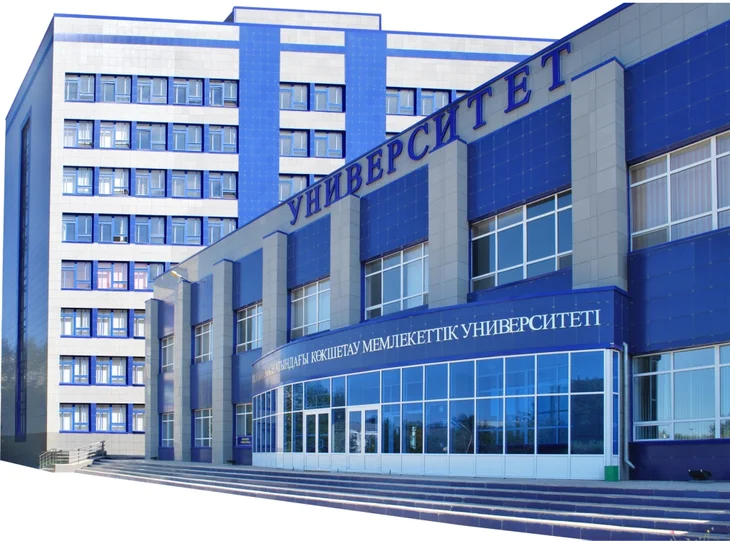Waste management

Educational program code
7М05203
Language of instruction
Kazakh, Russian
Learning level
Graduate
Duration of study
2 years
Objectives of the educational program
Training of competitive personnel in demand in the modern labor market, competent in the field of waste management, capable of using innovative approaches in creating waste management infrastructure
-
-
Learning outcomes and competencies
- To carry out information-analytical and information-bibliographic work with the involvement of modern information technologies;
- To implement intercultural communication skills and demonstrate organizational skills, public speaking, correct and logical formulation of their thoughts orally and in writing in the state, Russian and foreign languages in the process of professional communication and teaching; to differentiate current methodological and philosophical problems of natural, social, humanitarian, economic sciences;
- To summarize legislative acts, legal norms and technical standards regulating human attitude to the environment and environmental management in force in the Republic of Kazakhstan, including international treaties and agreements, to analyze management decisions at different levels of the state environmental inspectorate and environmental management, including in the field of waste management.
- To carry out educational and pedagogical activities on credit technology of education; to justify the need for certain technologies of environmental education; to analyze the specific practice of environmental education, based on the principles and trends of modern environmental education, to use modern information technologies in the educational process;
- To discuss the role of science and education in public life, modern trends in the development and methodology of scientific knowledge; to analyze the principles and structure of the organization of scientific activity; to integrate knowledge gained within the framework of special disciplines in the field of ecology to solve research problems in new unfamiliar conditions; to summarize the results of research and analytical work in the form of a dissertation, scientific articles, reports, analytical notes with subsequent design and commercialization of scientific activities;
- Possess modern methods of waste processing, be able to carry out theoretical and experimental research of technological processes and products obtained, critically assess the nature and direction of man-made impacts on the environment. To know the principles and analytical possibilities of using modern techniques and methods in the research of existing and development of new recycling systems, to know the methods of making optimal decisions to prevent the occurrence of risks at various stages of the life cycle of goods.
- To substantiate the most important principles for the management of solid household waste, the main directions of their disposal and neutralization and calculation methods aimed at solving practical problems in the organization of their collection, transportation, processing, disposal, neutralization and placement. The use of waste as a secondary raw material. automation of the waste management process and the use of IT technology at all stages: in the collection, accumulation, logistics and recycling of waste.
- Master the methods of calculating individual structural elements of the landfill, deepen their knowledge of the organization, operation of the landfill and environmental monitoring.